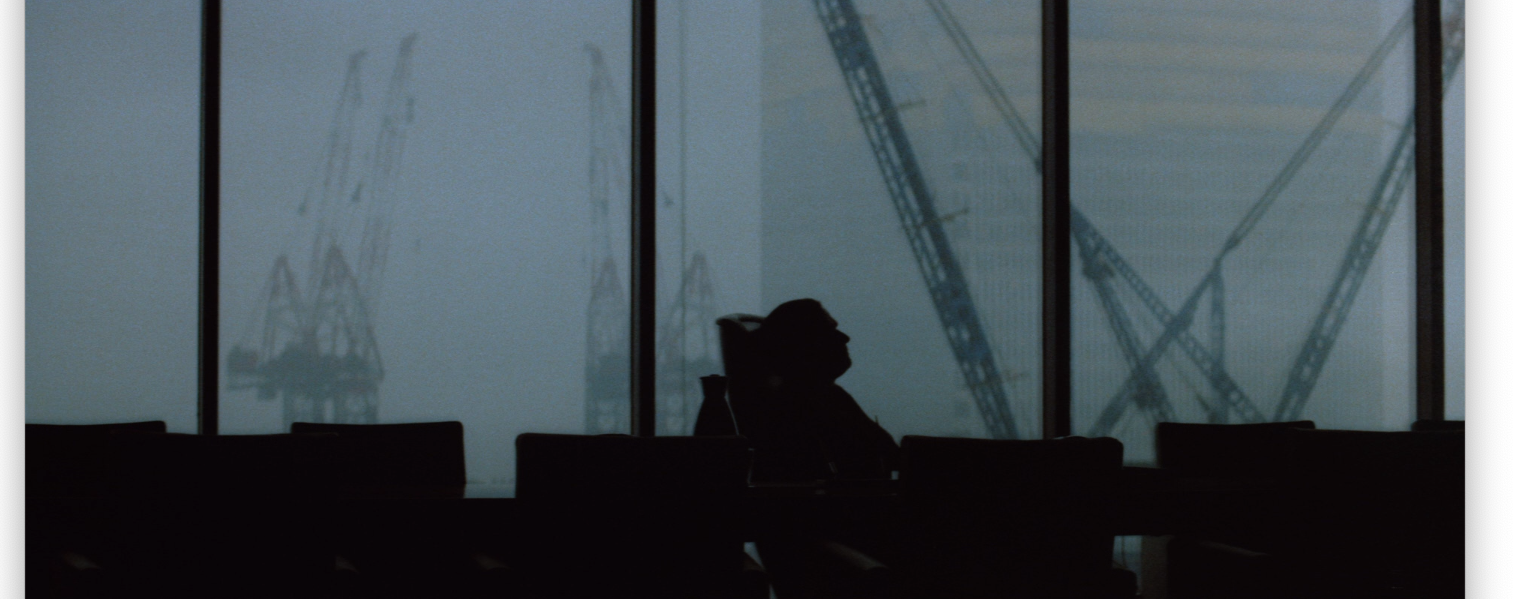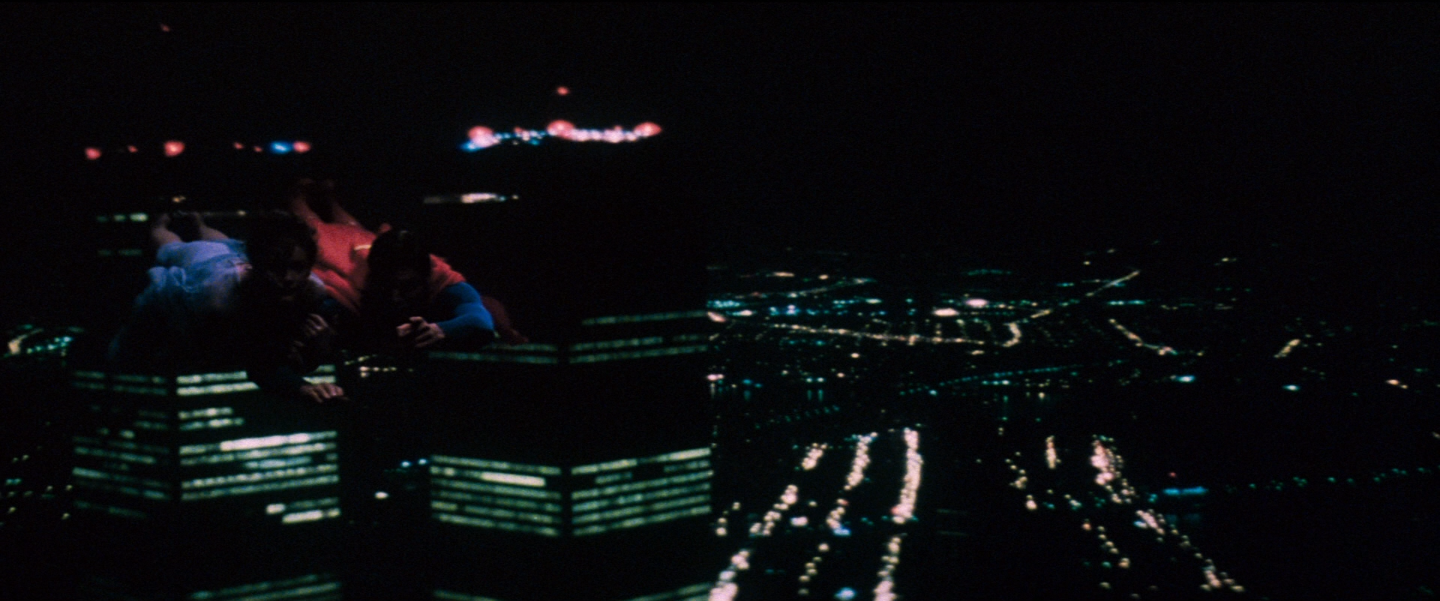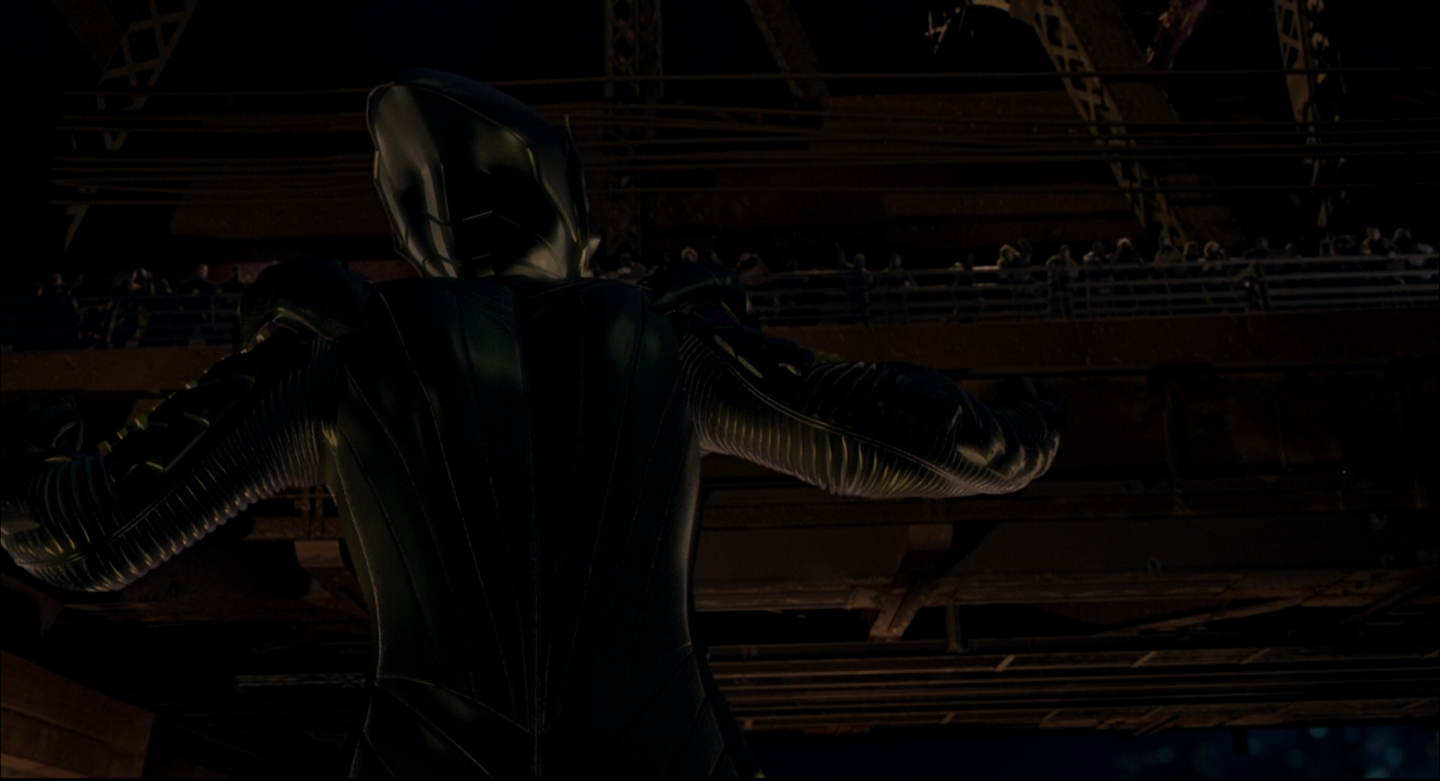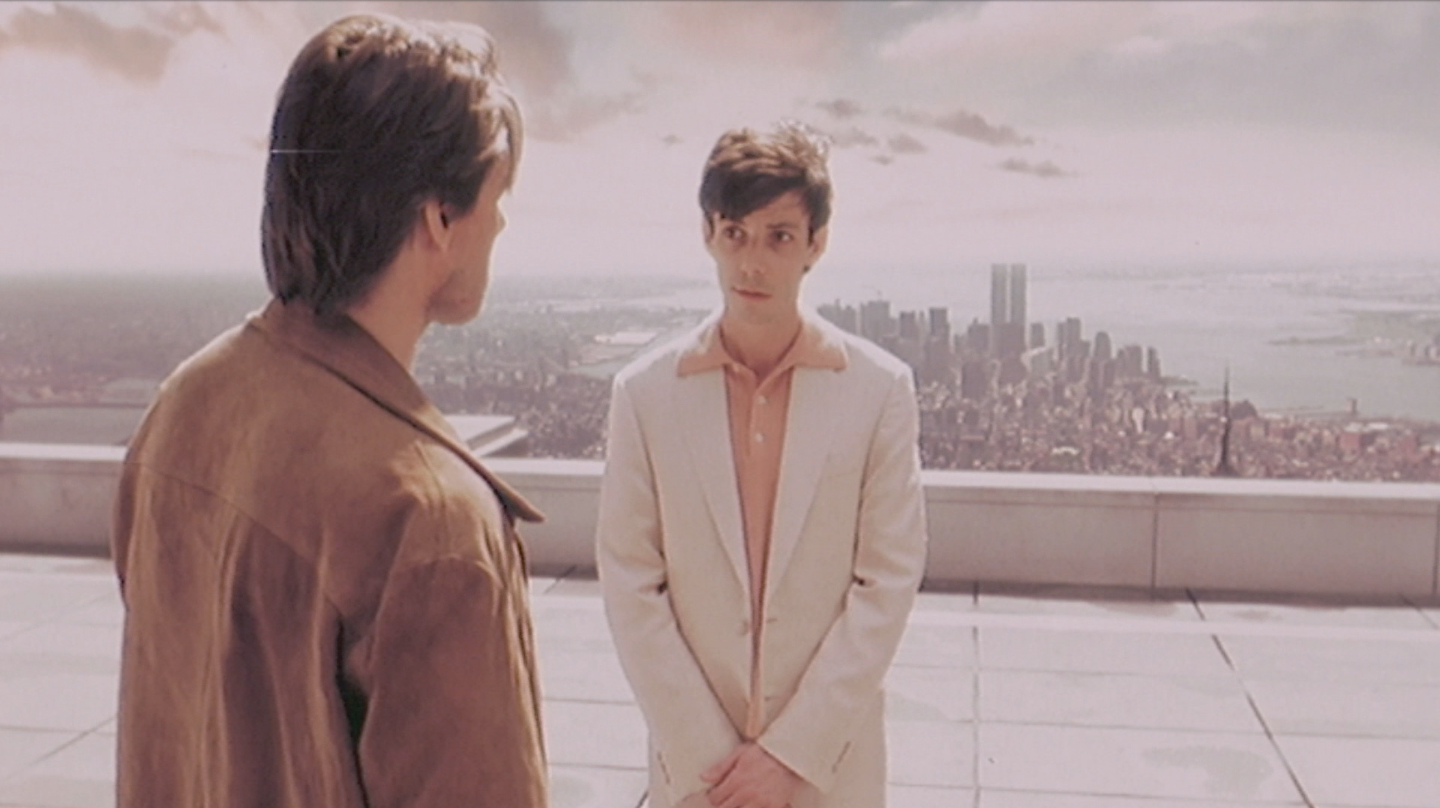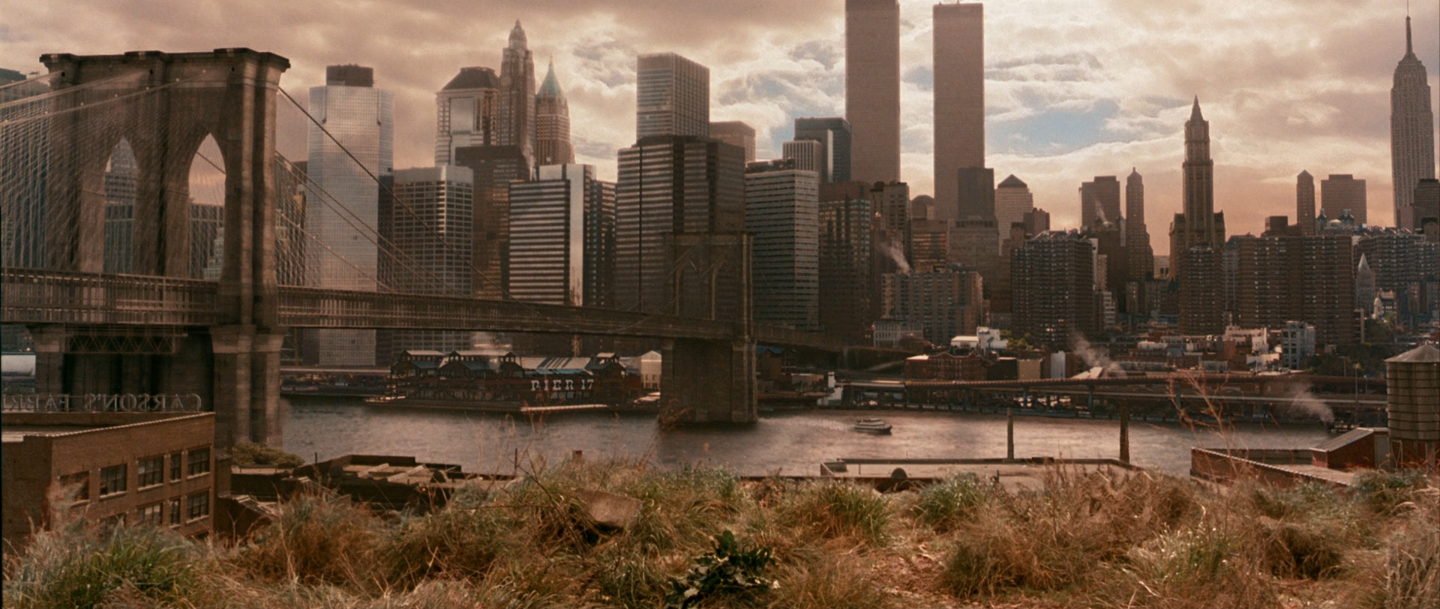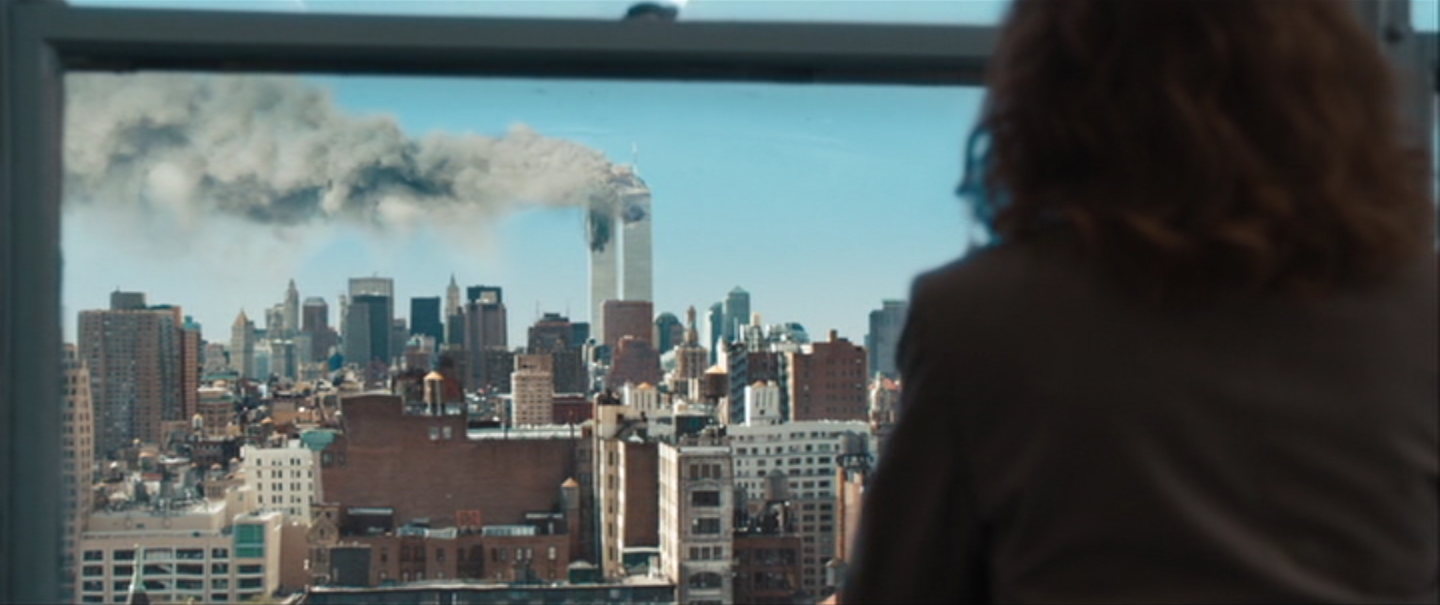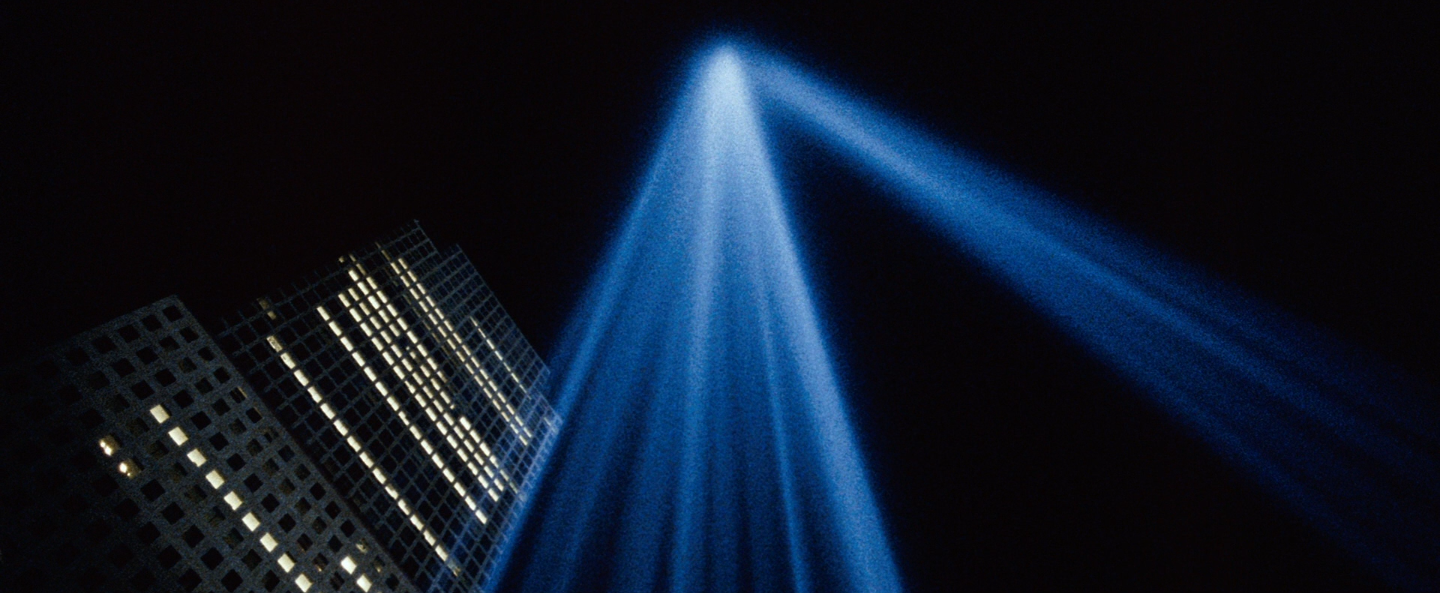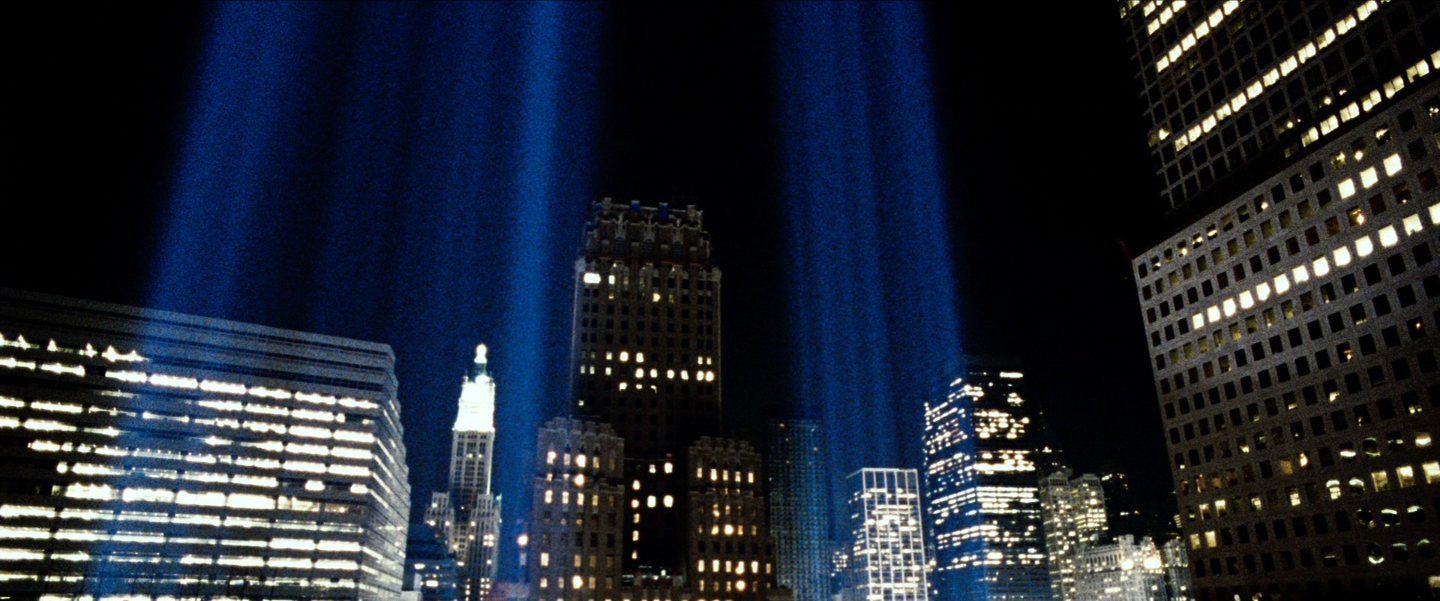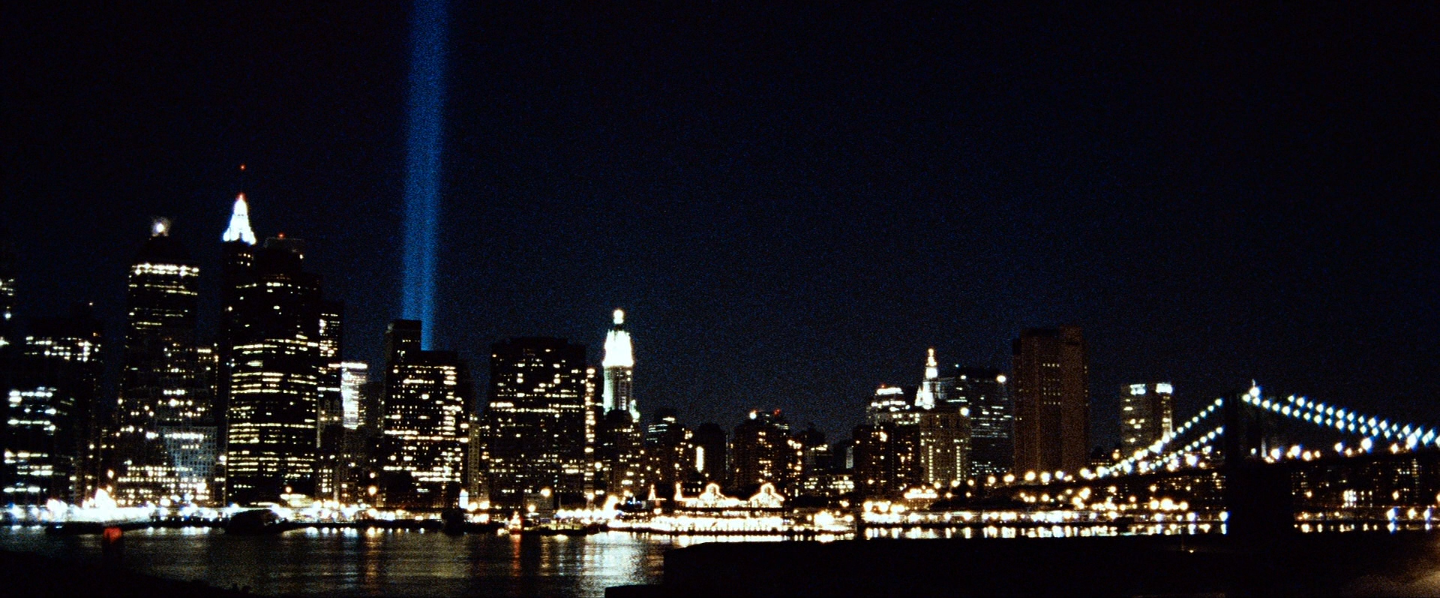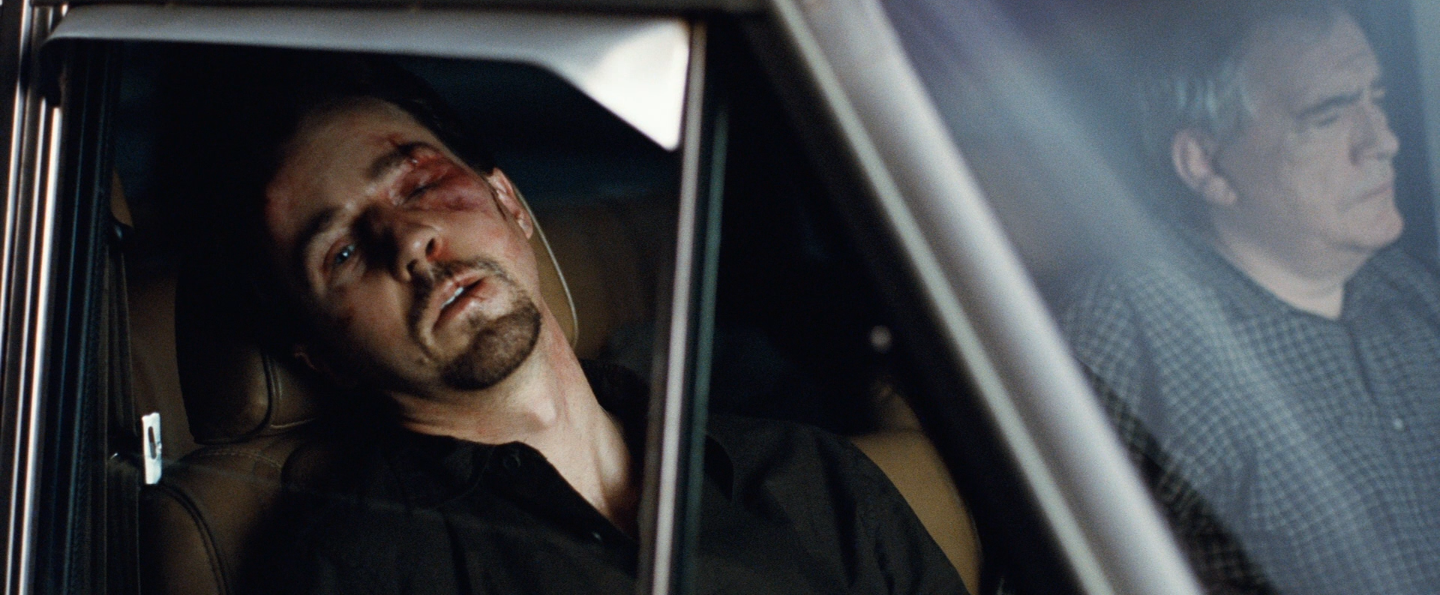
Episode 5: ‘Tribute in Light’
Subscribe on Apple Podcasts, Spotify, Overcast, or your podcatcher of choice.
How one of the great New York City filmmakers turned a character drama into the definitive post-9/11 New York movie.
When the Twin Towers of the World Trade Center fell on September 11, 2001, New York City was changed forever: its skyline, its people, its mood. And its films were changed as well – some more immediately than others, as filmmakers struggled to determine how to deal with the now ghostly presence of the towers in films completed but not released before 9/11.
Some films edited them out, some digitally removed them. But Brooklyn’s own Spike Lee went the opposite direction, adding the tragedy into his film “25th Hour,” which was slated to shoot in the city that fall and winter. In doing so, he ended up crafting what we now consider the definitive post-9/11 New York movie.
We’ll hear archival audio of Lee and star Edward Norton explaining that decision and that process, and we’ll break down the film that resulted, with the help of film critics Roxana Hadadi, Keith Phipps, and Scott Tobias, as well as filmmaker Jennifer Westfeldt (“Kissing Jessica Stein”).
Content warning: From 3:36 to 7:41, you will hear audio of news reports from 9/11.
SHOW NOTES
Audio from the morning of September 11th from WNYW (here), The Howard Stern Show, 1010 WINS (here, here), CNN (here, here), CBC (here), and WJLA (here).
Thoughts on the cinematic quality of 9/11 inspired by A Paradise Built in Hell by Rebecca Solnit.
Keith Phipps was interviewed on June 17, 2021. You can read his piece on 25th Hour and the World Trade Center on film at The Dissolve. You can follow him on Twitter here.
Jennifer Westfeldt was interviewed on January 12, 2020. Kissing Jessica Stein is currently available for digital rental or purchase; her follow-up films Ira and Abby and Friends with Kids are on HBO Max.
Scott Tobias was interviewed on June 17, 2021. His piece for The Dissolve on 25th Hour is here. You can follow him on Twitter here.
Information on post-9/11 film adjustments came from contemporaneous coverage in Entertainment Weekly and The New York Post.
The Marc Cooper piece in The Nation, about the Bush administration’s encouragement of “patriotic” filmmaking, is here; more on this push, from The New York Times, here, and in the book Parallel Lines: Post 9/11 American Cinemaby Guy Westwell. Additional information and analysis on post-9/11 New York (and New York cinema) can be found in The City Since 9/11 by Keith Wilhite; Scenes from the City: Filmmaking in New York by James Sanders; and Portraying 9/11: Essays on Representations in Comics, Literature, Film and Theatre, Veronique Bragard, Christophe Dony, and Warren Rosenberg (eds.).
Roxana Hadadi was interviewed on June 17, 2021. You can follow her on Twitter here.
Spike Lee and Edward Norton’s audio is from the two audio commentary tracks for the 25th Hour Blu-ray. Lee also writes about his decision to add 9/11 to 25th Hour in the book That’s My Story and I’m Sticking to It, by Lee and Kaleem Aftab.
The New York Times’ original coverage of the “Tribute in Light” is here.
Early coverage of health issues among 9/11 workers from the Times is here; info on the Bush Administration’s censoring of EPA reports (and Giuliani’s complicity) from A Paradise Built in Hell, and reported in ProPublica and CBS News.
Comparisons of the film and novel from reading The 25th Hour by David Benioff.
More on Giuliani’s effect on the 2001 Mayoral race – whose primary began, and was postponed, on the morning of September 11 – from Greater Than Ever by Daniel Doctoroff and Vanishing New York: How a Great City Lost Its Soulby Jeremiah Moss. Information on Bloomberg’s “valued clients” agenda from Greater Than Ever, and on the surveillance program here.
Music:
Lex Villena:
“Fifteen”
“Origins”
“Seven”
“Dissonance”
“Zero15”
“No Hope”
“Fourteen”
The Insider:
“Right”
Opening Theme:
Our opening theme features sound from the following films: Coogan’s Bluff, Sweet Smell of Success, Quick Change, The Freshman, The Siege, 25th Hour, Prisoner of Second Avenue, and Little Murders.
